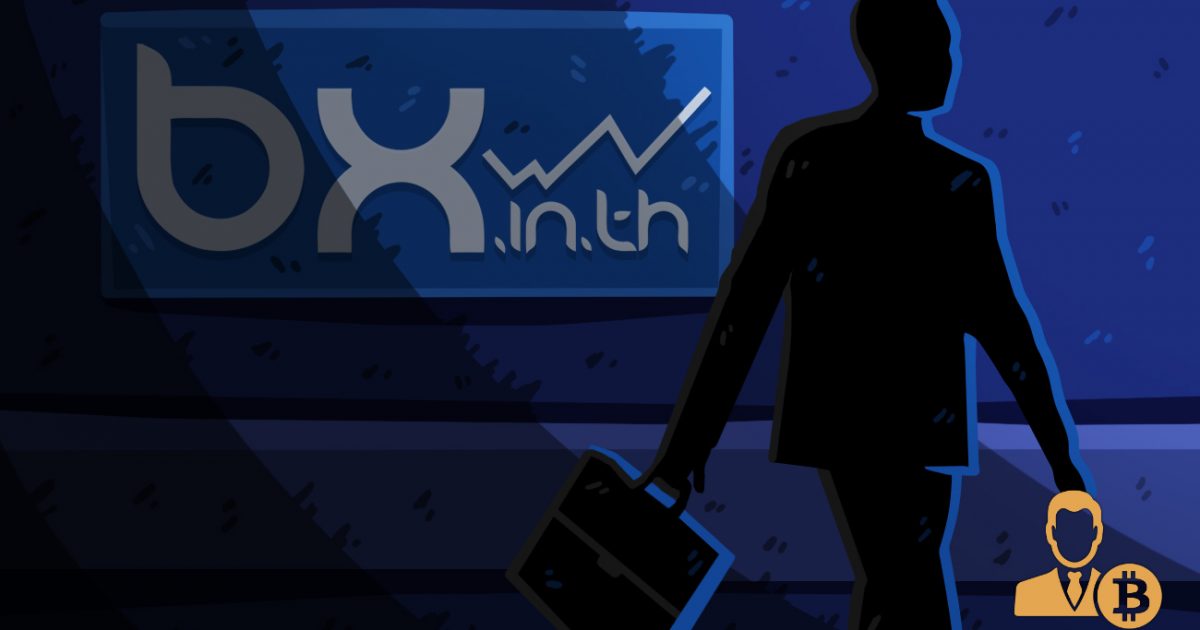An article published by the Bangkok Post speculates some hypotheses that may have led to the closure of the well-known exchange Bitcoin Co earlier this month.
Contention
As reported by BTCManager on September 2, the Thai exchange Bitcoin Co (bx.in.th) unexpectedly closed its doors leaving its users in a mix of confusion and wonder.
The only information released by the exchange was that it did not want to keep its Securities and Exchange Commission [SEC] license for digital asset exchanges for 2020, hence the decision to close operations as early as September 30.
However, this justification does not seem to satisfy most users who still expect more details from founders or Chief Executive David Barnes.
As the closure approaches (November 30), the company will use the site only to resolve support issues still open – some external sources have developed theories about the real reasons behind this termination.
Stringent Regulations or Market Saturation?
Despite being one of the first exchanges operating in Thailand to be approved directly by the Minister of Finance, Bitcoin Co may have suffered from the recent regulatory grip that hit the various cryptocurrency operators in the Asian nation.
According to Poramin Insom, founder of Satang Corporation Co, Bitcoin Co may have been against the disclosure of sensitive user data to authorities, which is mandatory since May 2018 when the royal decree on digital assets has been approved.
Other opinions instead suspect that the closure is due more to economic and market factors as the company was starting to face higher competition.
Although the closure has stirred up some excitement within the community of traders, according to Prinya Hom-anek, president and chief executive at the ACIS Professional Centre, only time will tell us if it was a good or bad decision.
Mr. Prinya argues that, in order to protect retail investors, exchanges should be subject to different types of controls as well as the stock exchange is, and it will be these new regulations that will facilitate or not the adoption of digital assets.
A practical example can be given by the work being carried out by David Marcus with regulators around the world to create an ideal environment for the development of Libra, a blockchain-based digital currency.
Like CryptoX? Send us a tip!
Our Bitcoin Address: 3L9D5KYVmCATWzqYmXoWDo2WpQfoLeRkbK




